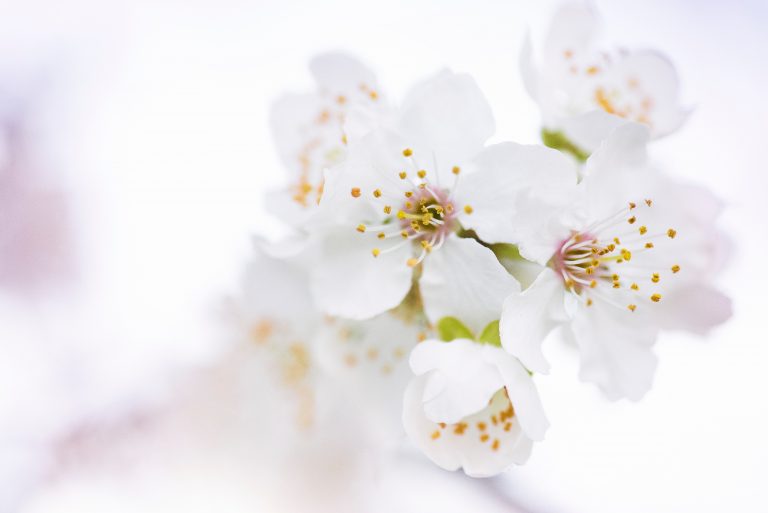Throughout our lives, our parents impart wisdom and warnings, often met with our youthful skepticism. Yet, as we navigate the complexities of adulthood, we come to realize the validity of their cautions. Here’s a closer look at 13 things your parents warned you about that often prove to be accurate, shedding light on their enduring…
kids
How to Dye Flowers With Food Coloring
With the pandemic still limiting social outings, parents may be dreading the upcoming spring break. This fun little project is a great way to expend some creative energy during the March break or all through the summer. Dye flowers with food coloring and make a rainbow to display in a favorite vase. Use storebought flowers…

